Important Hindi Grammar Topics for UP ARO/RO Exam 2025 – Complete Guide
Hindi Grammar (हिंदी व्याकरण) plays a very crucial role in the UP ARO (Assistant Review Officer) / RO (Review Officer) exams. A significant portion of the General Hindi paper revolves around Grammar-based questions, which are scoring if prepared properly. Unlike subjective questions, grammar topics are based on rules, definitions, and applications, making them predictable and high-yielding.
In this guide, we will cover:
Importance of Hindi Grammar in UP ARO/RO Exam
Detailed list of important topics
Topic-wise preparation strategy
Common mistakes and how to avoid them
Best sources and books for Hindi Grammar
Practice and revision tips
1. Importance of Hindi Grammar in UP ARO/RO Exam
High Weightage Subject – In previous years, more than 40-50% of questions in the Hindi section are based on grammar.
Scoring Nature – Questions are mostly objective with one correct answer. If you know the rules, you score full marks.
Foundation for Answer Writing – Strong Hindi grammar improves your writing ability, essential for descriptive sections.
Overlap with Other Exams – Grammar topics are common across UPPCS, SSC, TGT/PGT, and Teaching exams, so this preparation benefits you beyond ARO/RO.
2. Important Hindi Grammar Topics
Here is a topic-wise breakdown of the most important areas you should prepare:
(a) संधि (Sandhi)
Types of Sandhi: स्वर संधि, व्यंजन संधि, विसर्ग संधि
Rules with examples
Previous year focus: Sandhi Viched
(b) समास (Samas)
Types: अव्ययीभाव, तत्पुरुष, द्वंद्व, बहुव्रीहि, कर्मधारय
Difference between Sandhi & Samas
Application-based MCQs
(c) अलंकार (Alankar)
Shabd Alankar: अनुप्रास, यमक, श्लेष, अननुप्रास
Arth Alankar: उपमा, रूपक, अनुप्रास, उत्प्रेक्षा
Practical identification in poems
(d) रस (Ras)
मुख्य नौ रस: श्रृंगार, हास्य, करुण, वीर, रौद्र, भयानक, बीभत्स, अद्भुत, शान्त
रस और स्थायी भाव का संबंध
MCQ-based definitions
(e) वाक्य शुद्धि (Sentence Correction)
शुद्ध अशुद्ध वाक्य
वाक्य में शुद्धि (वर्तनी, व्याकरण, प्रयोग)
Common mistakes in gender, number, tense
(f) विलोम (Antonyms) और पर्यायवाची (Synonyms)
Frequently asked words
Questions directly from NCERT & standard grammar books
(g) मुहावरे और लोकोक्तियाँ
Important idioms commonly asked in UP Exams
Application-based questions where you need to complete a sentence
(h) तत्सम-तद्भव शब्द
Examples from PYQs
Classification and correct usage
(i) अनेक शब्दों के लिए एक शब्द (One Word Substitution)
Example: जो अध्ययन करता है = छात्र
Frequent PYQ area
(j) लिंग, वचन, काल (Gender, Number, Tense)
Common mistakes in usage
Verb forms and agreements
(k) अव्यय, सर्वनाम, विशेषण, क्रिया
Parts of speech in Hindi grammar
Usage-based questions
3. Topic-Wise Preparation Strategy
Step 1: Start with NCERT (Class 6–10 Hindi Grammar portions)
Build basics first.
Step 2: Move to Advanced Grammar Books
Like Dr. Vasudevanandan Prasad’s Hindi Vyakaran or Sampurn Hindi Vyakaran.
Step 3: Practice PYQs
Solve UP ARO/RO past 10 years papers – patterns repeat.
Step 4: Make Short Notes
Prepare rules of Sandhi, Samas, Alankar, etc., in tabular format for quick revision.
Step 5: Daily Practice
Do 20–30 grammar-based questions daily.
4. Common Mistakes and How to Avoid Them
Only reading theory, no practice – Practice MCQs daily.
Ignoring PYQs – Almost 30% questions repeat directly or indirectly.
Skipping minor topics like Avyay, Ling, Tense – UPSC/UPPSC often asks tricky questions from ignored areas.
Not revising idioms/proverbs – These need rote learning + usage practice.
5. Best Sources & Books for Hindi Grammar
Samanya Hindi – Dr. Vasudevanandan Prasad
Sampurn Hindi Vyakaran – Dr. Hardev Bahri
Lucent’s Samanya Hindi
UPPSC/ARO/RO Previous Year Papers
NCERT Hindi Grammar Books (6–10th class)
6. Practice and Revision Tips
Use flashcards for Muhavare, Synonyms, Antonyms.
Revise Sandhi + Samas daily (high-weightage).
Write and practice – not just reading rules.
Group study quizzes for idioms & vocabulary.
Weekly revision schedule.
7. Expected Weightage in Exam
Sandhi & Samas – 8–10 Questions
Alankar & Ras – 5–6 Questions
Muhavare & Proverbs – 5–7 Questions
Vyakaran Shuddhi (Grammar correction) – 10+ Questions
Vocabulary (Synonyms/Antonyms, Tatsam/Tadbhav) – 5–6 Questions
So nearly 40–50% of the Hindi section can be directly covered with these topics.

Lakshya IAS
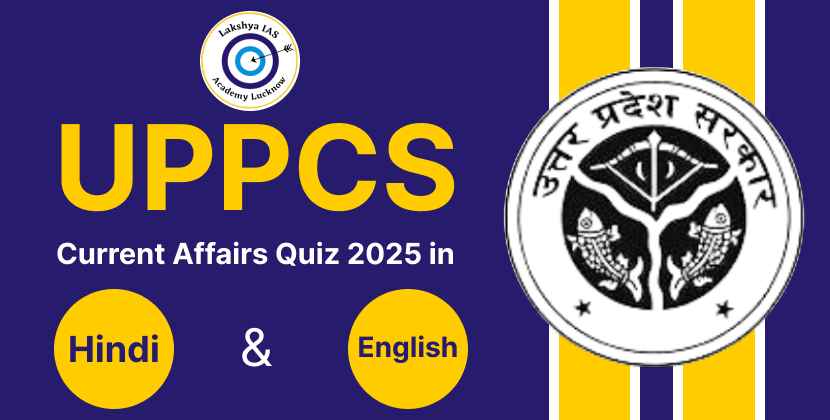
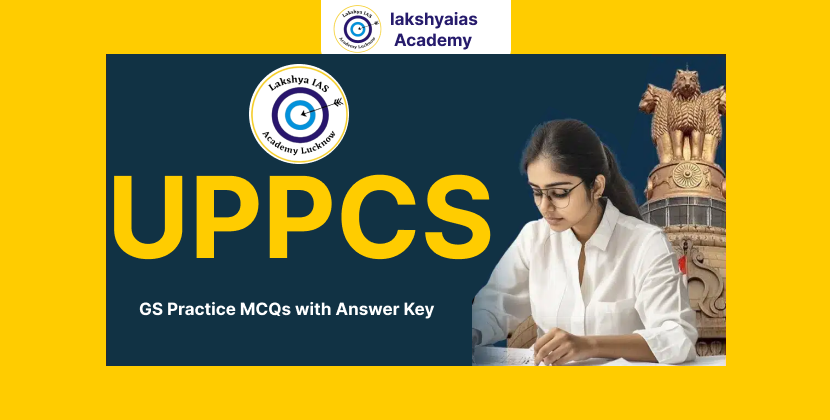
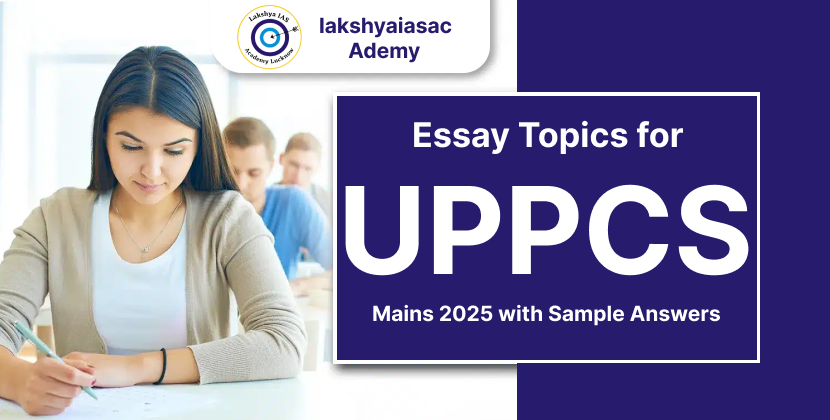
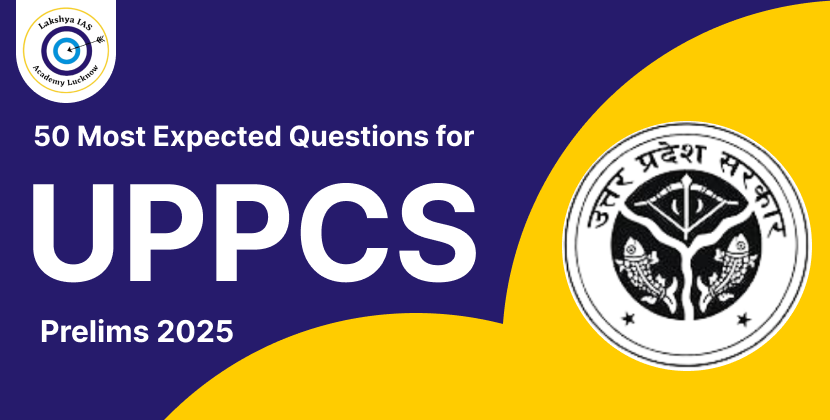
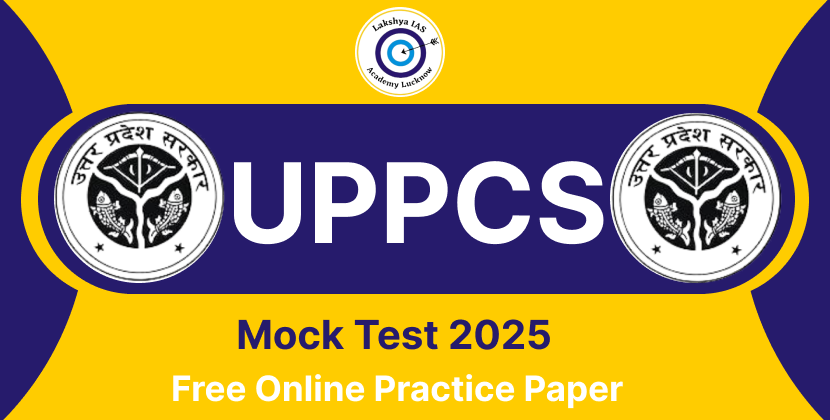
.png)
.png)
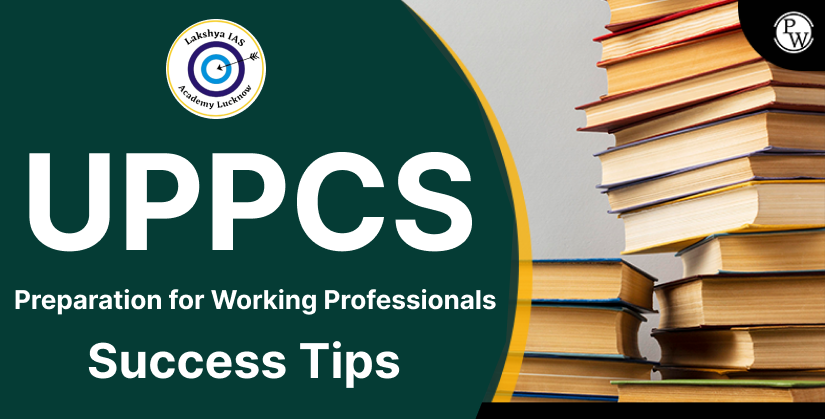
.png)
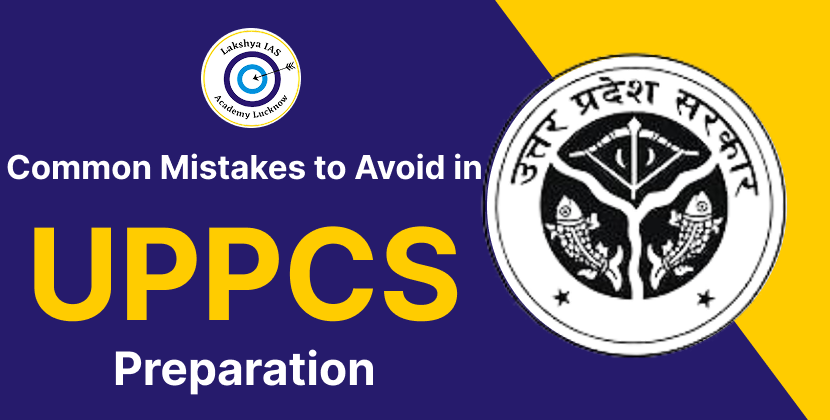
Leave a Comment